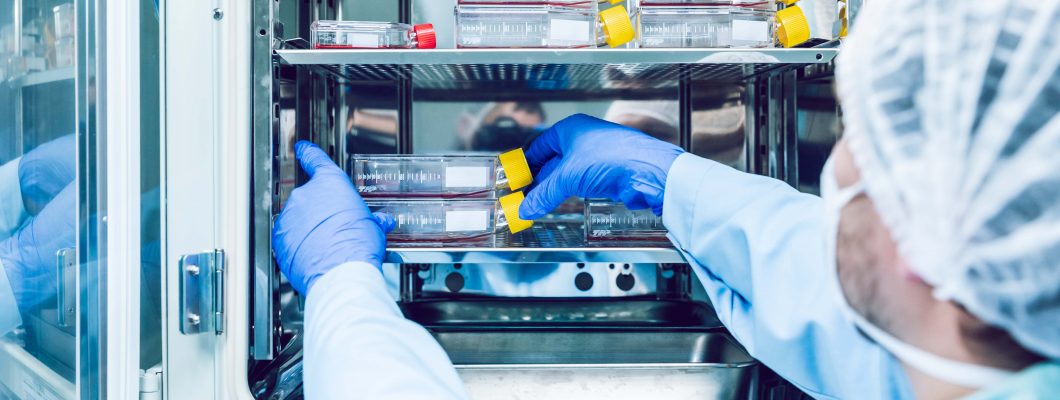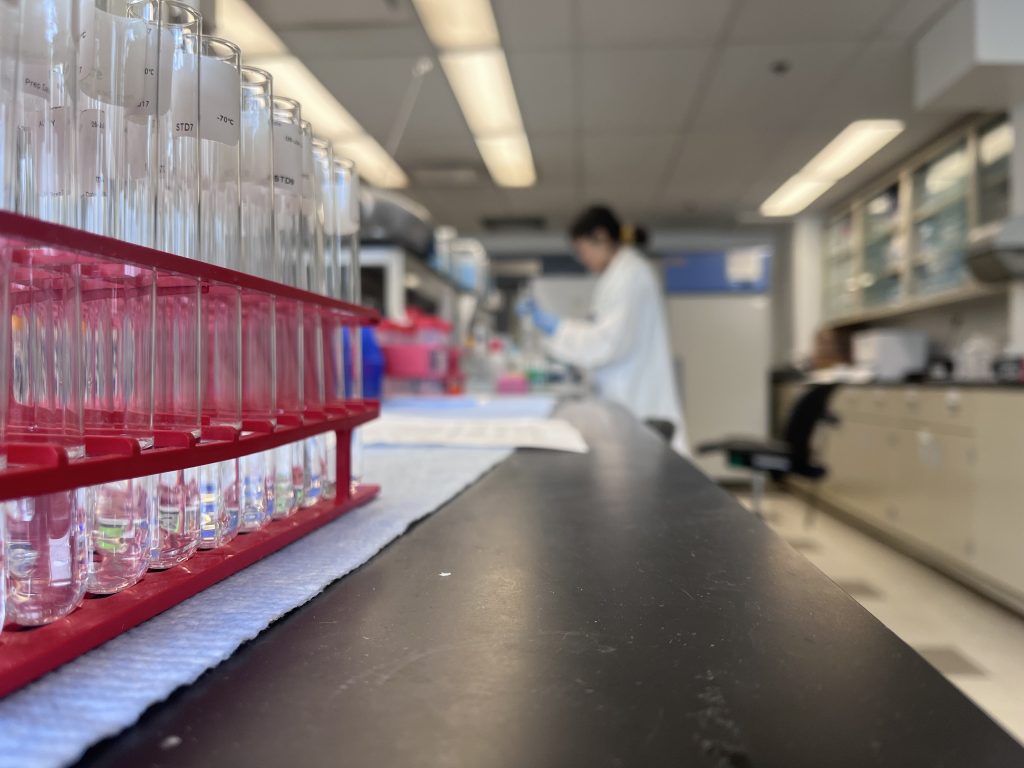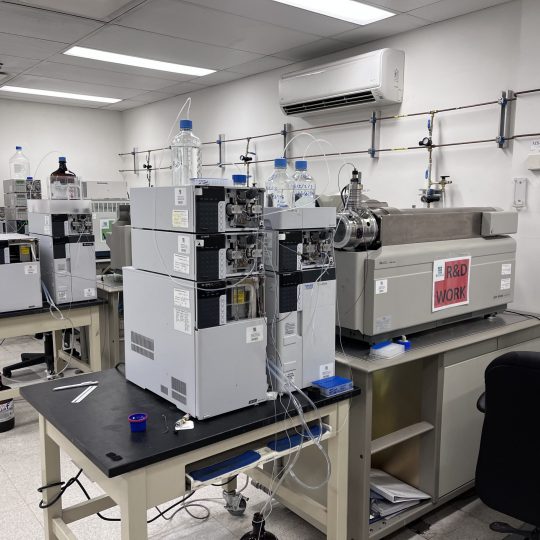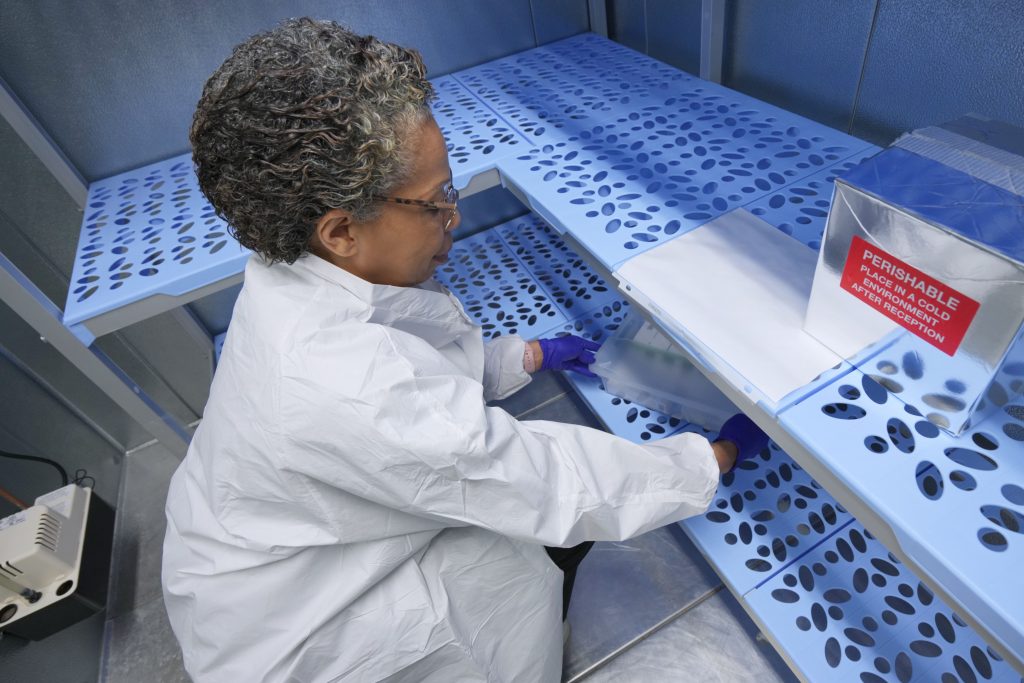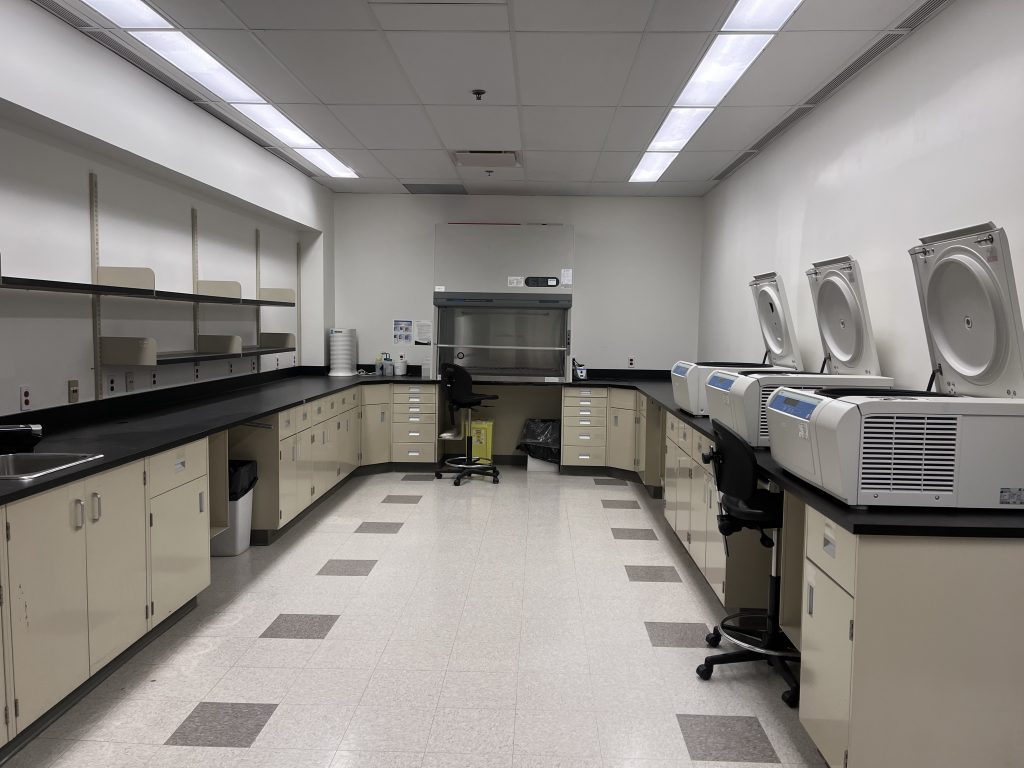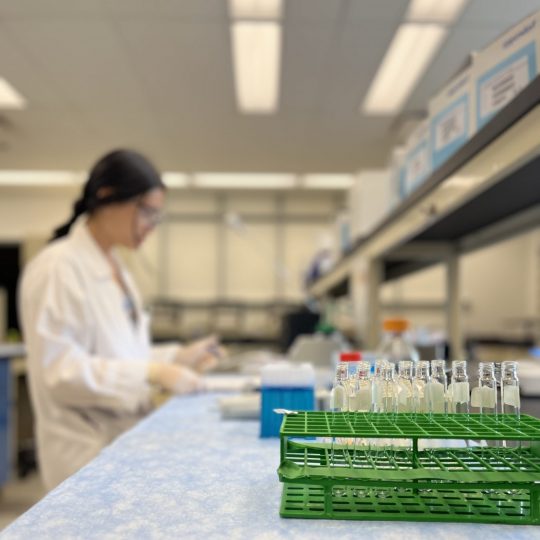Method Development and Method Transfer in Bioanalytical Assays
In the realm of pharmaceutical research and development, the significance of method development, validation, and transfer cannot be overstated. These fundamental aspects ensure the reliability, accuracy, and consistency of bioanalytical assays throughout the drug development process. At Biotrial, we pride ourselves on our expertise in these critical areas, striving to meet and exceed the rigorous criteria set by regulatory bodies and the pharmaceutical industry itself.

